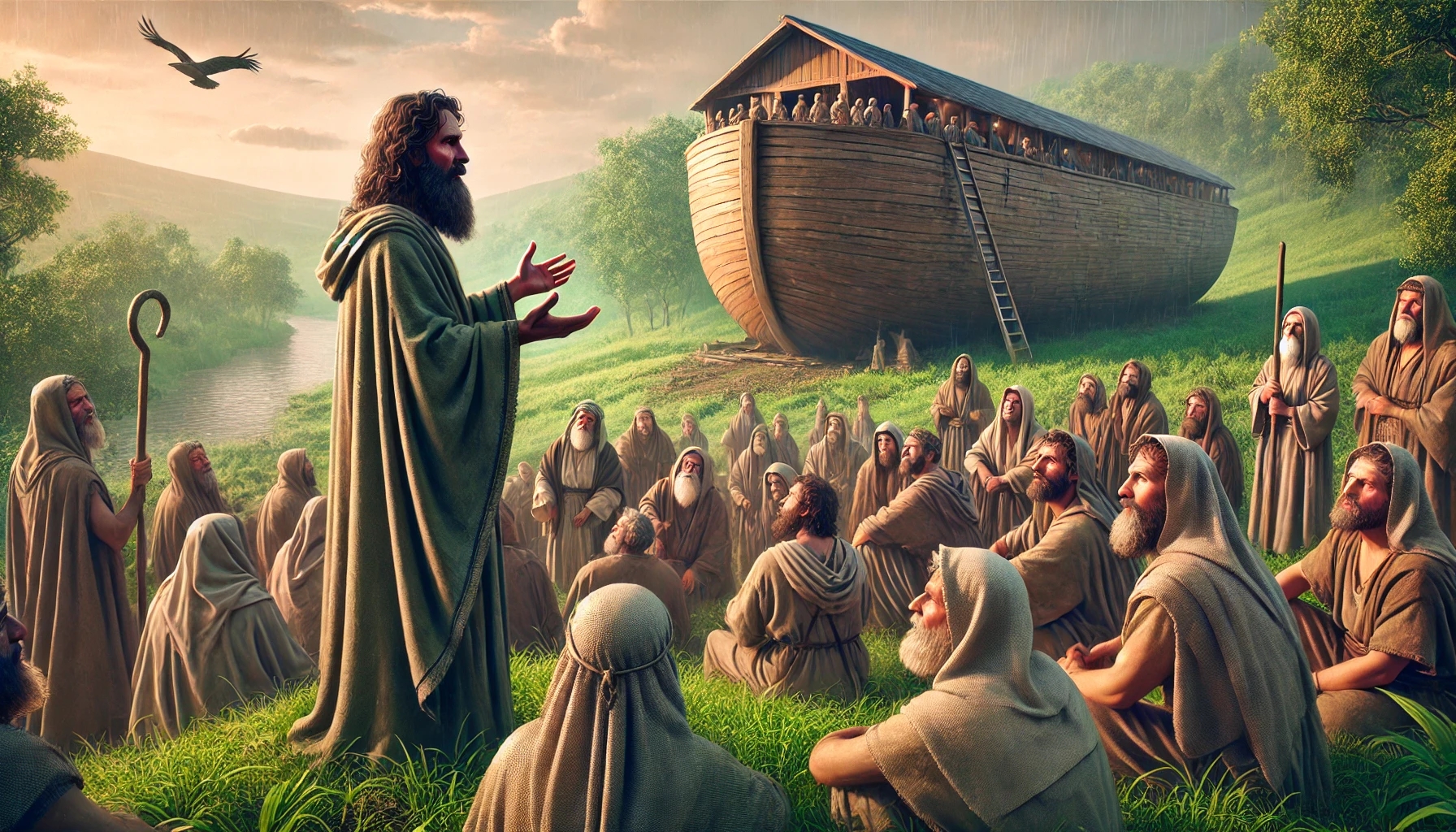 June 4, 2025 | Fruit Reveals Heart | HEART ANCHOR
June 4, 2025 | Fruit Reveals Heart | HEART ANCHOR
 What you live springs from what lives within you
What you live springs from what lives within you
 Luke 6:44
Luke 6:44
⸻
 Bible Text
Bible Text
“For each tree is known by its own fruit. For figs are not gathered from thornbushes, nor are grapes picked from a bramble bush.”
– Luke 6:44
⸻
 Introduction
Introduction
You can’t control everything on Instagram.
Filters? Yes.
Exposure? Yes.
But real fruit? That shows up in real life.
Jesus says: What comes out of your life reveals what’s living inside you.
⸻
 Story: Paul & the “School Influencer”
Story: Paul & the “School Influencer”
Paul was 17—and something like an “influencer” at his school.
Athletic, popular, always looking good.
But if you’d looked honestly into his life, you would have seen a lot of emptiness:
Constant comparisons, insecurity, anger at himself.
One evening at youth group, someone read Luke 6:44.
That verse stuck with him:
“Each tree is known by its own fruit…”
The next day, a classmate was being harshly bullied at school.
Everyone was laughing. Paul laughed, too—at first.
Then he looked at the boy.
No anger. Just hurt.
Suddenly, that verse came back to him:
“What fruit is coming from me right now?”
At lunch, Paul walked up to the boy.
No big drama. Just one sentence:
“Sorry. That wasn’t okay. I was part of it.”
The boy was silent. Then he smiled.
And Paul knew: That was fruit.
Not cool, not celebrated—but real.
⸻
 What Does This Mean for You?
What Does This Mean for You?
Jesus cares not only about what you do—but about what comes from you.
Words. How you treat others. Choices you make when nobody’s watching.
Fruit springs from the heart.
“Only those who remain connected to Jesus can bear fruit that has eternal value.”
— Ellen White, The Desire of Ages, p. 673
You don’t have to be a perfect “tree.”
But you are called to grow genuinely,
with roots in Christ—not in applause.
⸻
 Questions for Reflection
Questions for Reflection
• What “fruit” does my life currently display?
• What is growing inside me—and what is nourishing it?
• Am I more concerned with how I appear—or with who I really am?
⸻
 Prayer
Prayer
Jesus, I don’t want to just look good—I want to live genuinely.
Give me roots in You,
so that fruit springs from my life
that comes from You.
Purify my heart—and fill it with Your Spirit.
Amen.
Source: https://fulfilleddesire.net/june-4-2025-fruit-reveals-heart-heart-anchor-youth-devotional/


 Lesson 10: Upon Whom the Ends Have Come
Lesson 10: Upon Whom the Ends Have Come 10.3 The Story of Sodom and Gomorrah
10.3 The Story of Sodom and Gomorrah When the Fire of Judgment Falls – Lessons from Sodom and Gomorrah
When the Fire of Judgment Falls – Lessons from Sodom and Gomorrah Introduction
Introduction
 1. Sodom in the Old and New Testament
1. Sodom in the Old and New Testament Question 1: What moral conditions led to the destruction of Sodom?
Question 1: What moral conditions led to the destruction of Sodom?
 Conclusion
Conclusion Thought of the Day
Thought of the Day Illustration – Under the Glass Roof
Illustration – Under the Glass Roof June 3, 2025
June 3, 2025 DAILY BIBLE READING
DAILY BIBLE READING Genesis 48 – Jacob’s Blessing over Ephraim and Manasseh – God’s Ways Are Higher Than Ours
Genesis 48 – Jacob’s Blessing over Ephraim and Manasseh – God’s Ways Are Higher Than Ours When God Chooses the Unexpected: The Younger Becomes Greater Than the Firstborn
When God Chooses the Unexpected: The Younger Becomes Greater Than the Firstborn Bible Text – Genesis 48 (KJV)
Bible Text – Genesis 48 (KJV) Introduction
Introduction Commentary
Commentary Summary
Summary Message for Today
Message for Today ~~~~~
~~~~~
 June 1 – 7, 2025
June 1 – 7, 2025 June 3, 2025 | The Solid Foundation | HEART ANCHOR
June 3, 2025 | The Solid Foundation | HEART ANCHOR Jesus – your support in a fragile world
Jesus – your support in a fragile world Isaiah 28:16
Isaiah 28:16 Introduction
Introduction Story: Tim & the Pressure
Story: Tim & the Pressure Questions for Reflection
Questions for Reflection Prayer
Prayer

 Lesson 10: Upon Whom the Ends Have Come
Lesson 10: Upon Whom the Ends Have Come 10.2 Noah’s Evangelism
10.2 Noah’s Evangelism Steadfast in the Call to Salvation
Steadfast in the Call to Salvation Introduction
Introduction
 Question 1: What were the moral conditions in Noah’s time, and how do they resemble our time?
Question 1: What were the moral conditions in Noah’s time, and how do they resemble our time?
 Conclusion
Conclusion Thought of the Day
Thought of the Day Illustration – The Ark in the City
Illustration – The Ark in the City